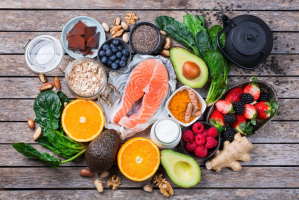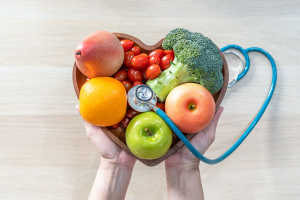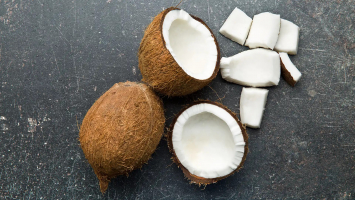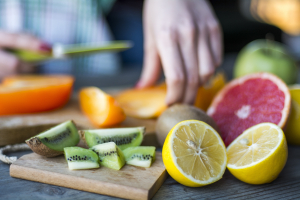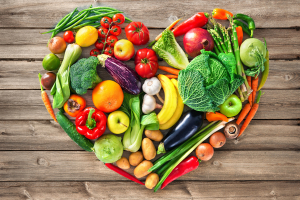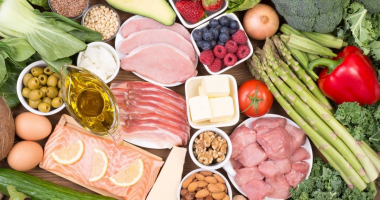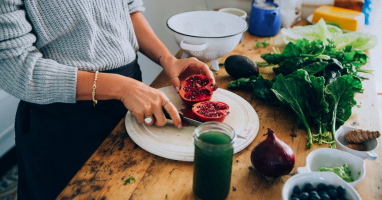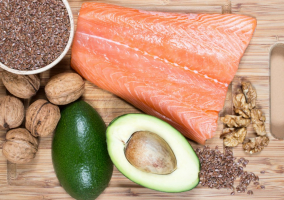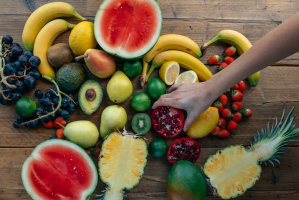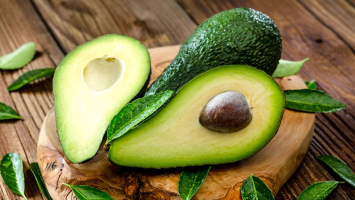Top 7 Best Foods to Help You Heal
If you're recovering from an illness or surgery, the meals and beverages you consume might aid or impede your recovery. Many foods, such as fruits and ... read more...vegetables, healthy fats, and protein sources, have been demonstrated to lower inflammation, boost immune function, promote healing, and give the fuel you need to recover. Here are the best healing foods that can help your body recover.
-
Leafy green vegetables such as kale, spinach, arugula, mustard greens, and Swiss chard are high in nutrients that reduce inflammation, boost immune function, and promote wound healing, making them an excellent choice for recuperation. Leafy greens are abundant in vitamin C, manganese, magnesium, folate, and provitamin A, which are all important for immune function and overall health.
They are also high in polyphenol antioxidants, which have anti-inflammatory and immune-boosting qualities. In fact, research suggests that some polyphenols found in green leafy vegetables, such as the antioxidant quercetin, may help decrease the production of inflammatory proteins like TNF-alpha. Furthermore, because vitamin C is required for wound healing, leafy greens are an excellent choice for those recovering from surgery.
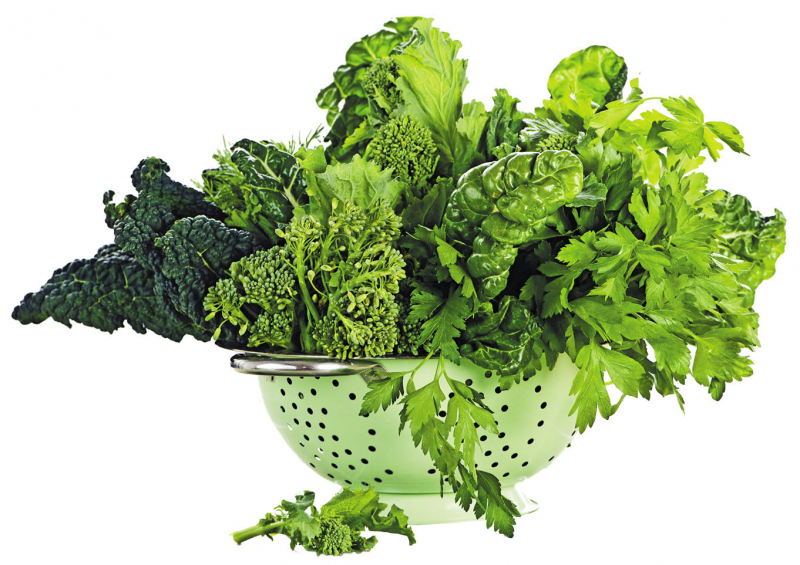
Leafy green vegetables 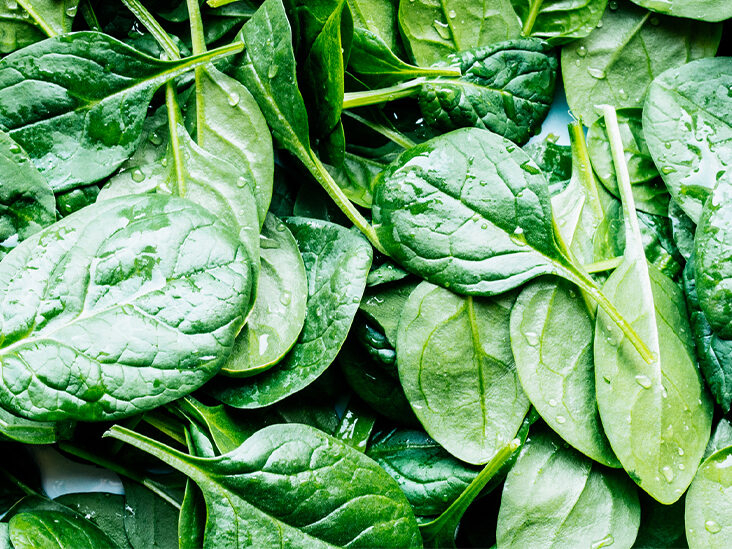
Leafy green vegetables -
Following surgery, your body requires much more protein than the current RDA of 0.36 grams per pound (0.8 grams per kg) of body weight. After surgery, the American Society for Enhanced Recovery advises 0.7-0.9 grams of protein per pound (1.5-2 grams per kg) of body weight. For a 150-pound (68-kg) individual, this equates to 105-135 grams.
Eggs not only provide 6 grams of highly absorbable protein per big egg (50 grams) but also components that help immune function and wound healing. Whole eggs are high in vitamins A and B12, as well as zinc, iron, and selenium, all of which are essential for immunological function.
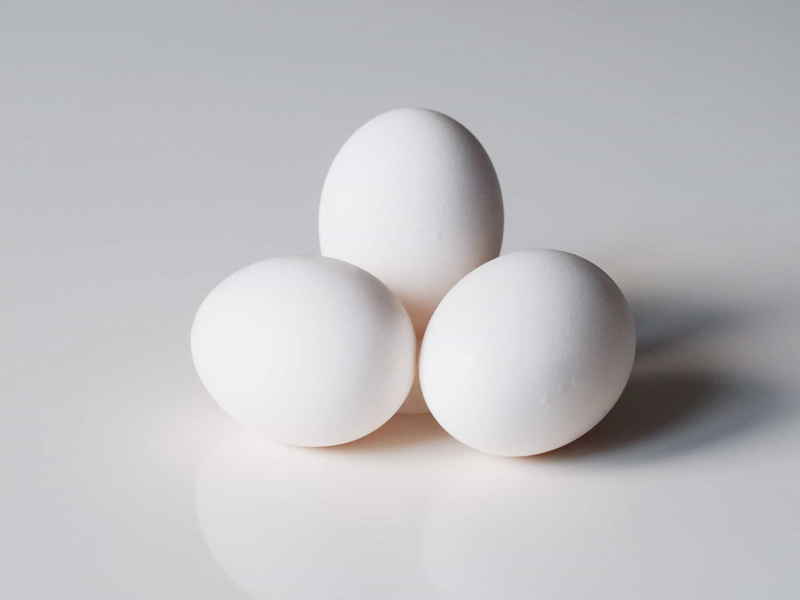
Eggs 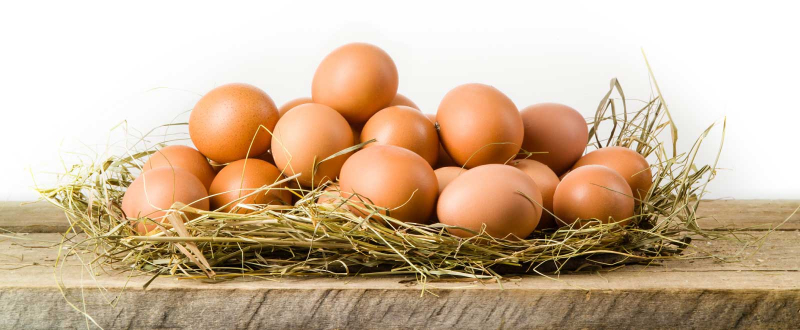
Eggs -
Salmon contains protein, B vitamins, selenium, iron, zinc, and omega-3 fatty acids. Furthermore, studies reveal that when taken as a supplement, its omega-3 fats may boost wound healing, improve immunological response, and reduce inflammation.
Furthermore, 3 ounces (85 grams) of wild-caught salmon provides more than 70% of your daily selenium needs, a mineral that controls inflammation and immunological response. Although eating salmon is probably safe, you should see your doctor before taking fish oil supplements or after surgery. Although recent evidence suggests that these supplements do not raise the risk of bleeding, some surgeons still advise against using fish oil.
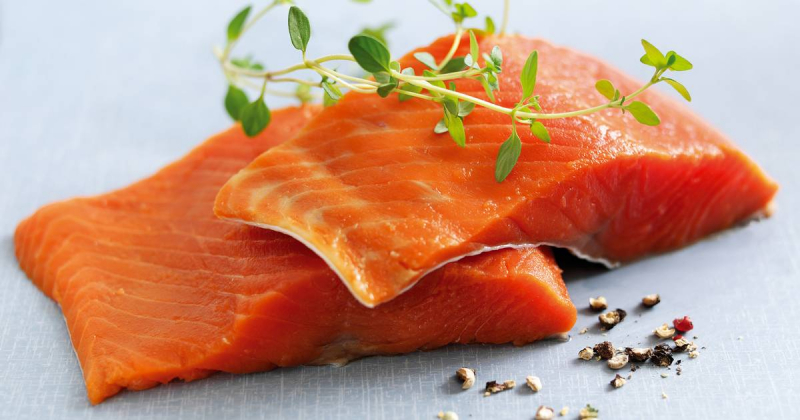
Salmon 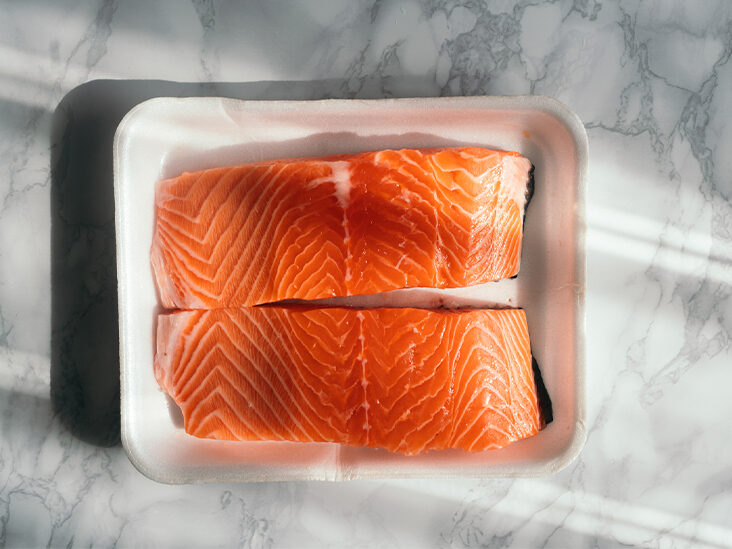
Salmon -
Almonds, pecans, walnuts, sunflower seeds, and hemp seeds are excellent sources of energy for your body during the recuperation process. These meals provide plant-based protein, healthy fats, and vitamins and minerals that aid in the healing process.
Nuts and seeds, for example, are high in zinc, vitamin E, manganese, and magnesium. In your body, vitamin E serves as an antioxidant, preventing cellular damage. It is also essential for immunological health. According to some research, adequate vitamin E levels may boost the activity of protective immune cells such as natural killer cells (NK cells), which aid in the fight against infection and illness.
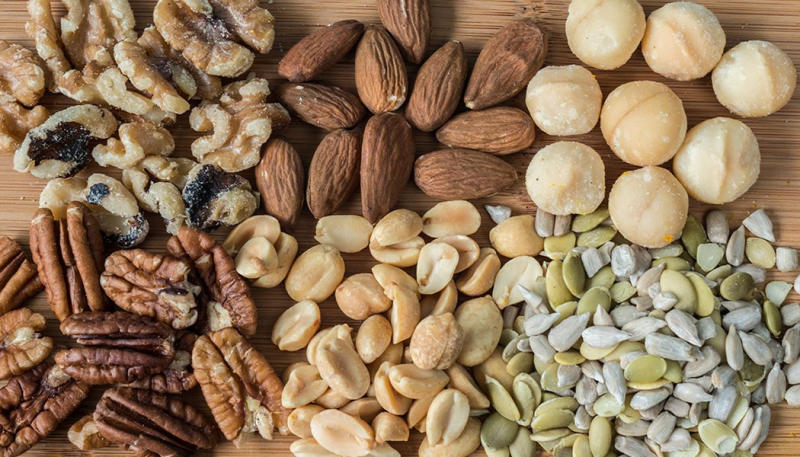
Nuts and seeds 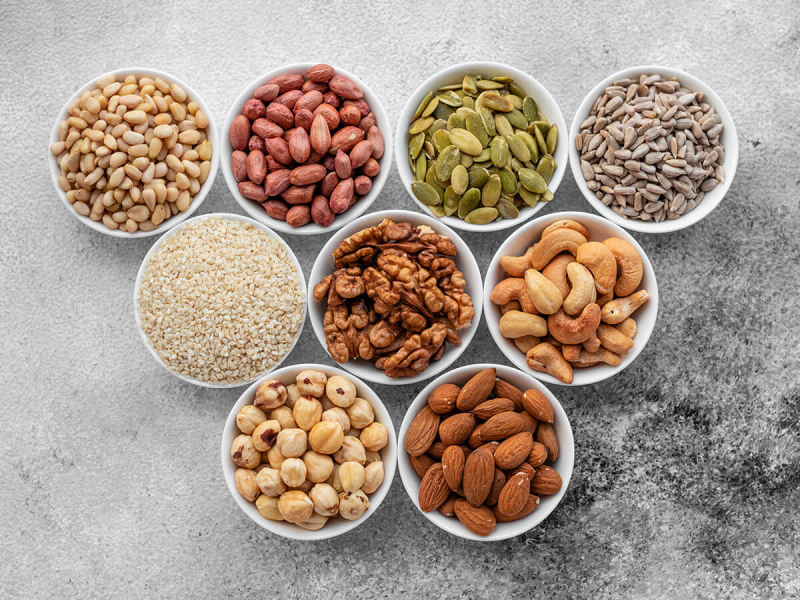
Nuts and seeds -
Organ meats are among the most nutritious meals available. They include a variety of immune-boosting minerals, including vitamin A, iron, zinc, B vitamins, and copper, which are required for the formation of connective tissue and collagen. Vitamin A is necessary for normal immune cell response, inhibits inflammatory cells, and is important for skin health and wound healing. Furthermore, organ meats are high in protein, which is required for healing after surgery and sickness.
Berries are high in nutrients and plant chemicals that can aid in your body's recuperation. Berries, for example, are high in vitamin C, which helps wound healing by promoting the formation of collagen, your body's most abundant protein. They also include antioxidants such as anthocyanins, which are plant pigments that give berries their brilliant color, as well as anti-inflammatory, antiviral, and immune-boosting properties.
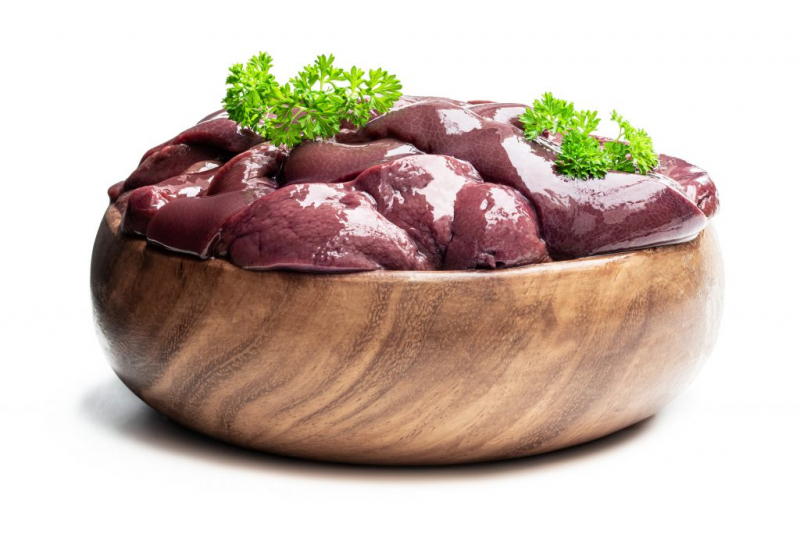
Organ meats 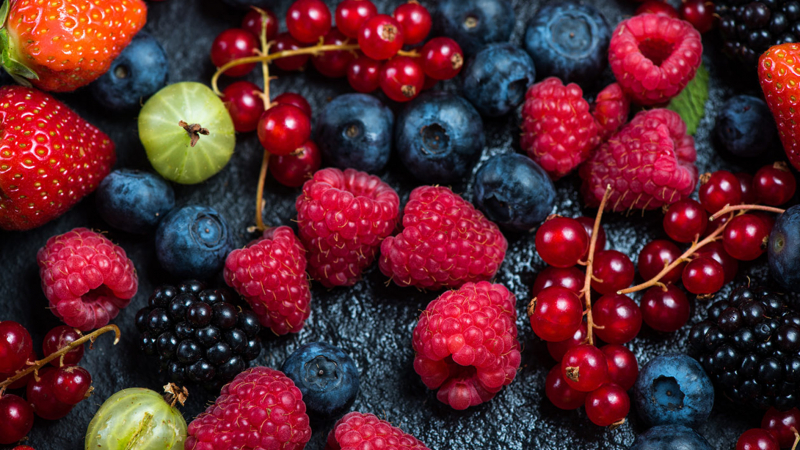
Berries -
Cruciferous vegetables, such as cauliflower, broccoli, Brussels sprouts, and kale, are widely known for their health advantages. They may aid in healing because of their high concentration of vitamins, minerals, and antioxidants. Cruciferous vegetables include glucosinolates, which your body turns into isothiocyanates. Isothiocyanates have been found to benefit immunological health by lowering inflammation, stimulating immune defenses, and killing diseased cells. Furthermore, these vegetables provide a variety of nutrients that your body need during healing, such as vitamin C and B vitamins.
Shellfish such as oysters, mussels, and clams are high in nutrients, particularly zinc, which may aid with healing. Zinc is essential for immunological function. This mineral may also aid in rehabilitation and wound healing, making shellfish ideal for those recovering from surgery. 6 medium oysters (59 grams) contain more than 300% of the Daily Value (DV) for zinc.
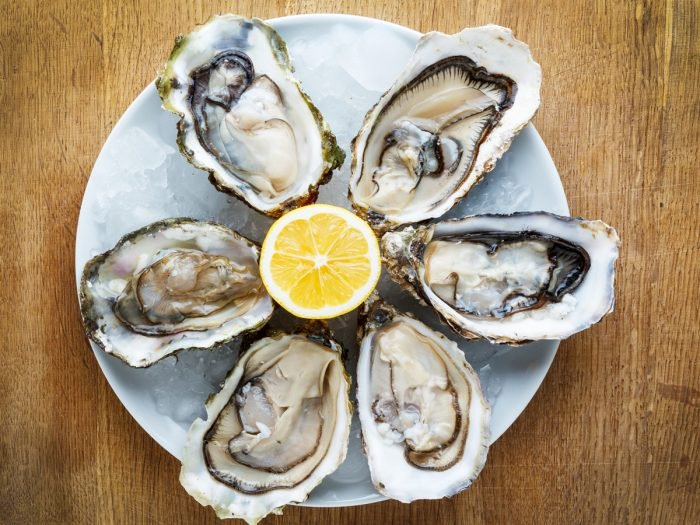
Shellfish 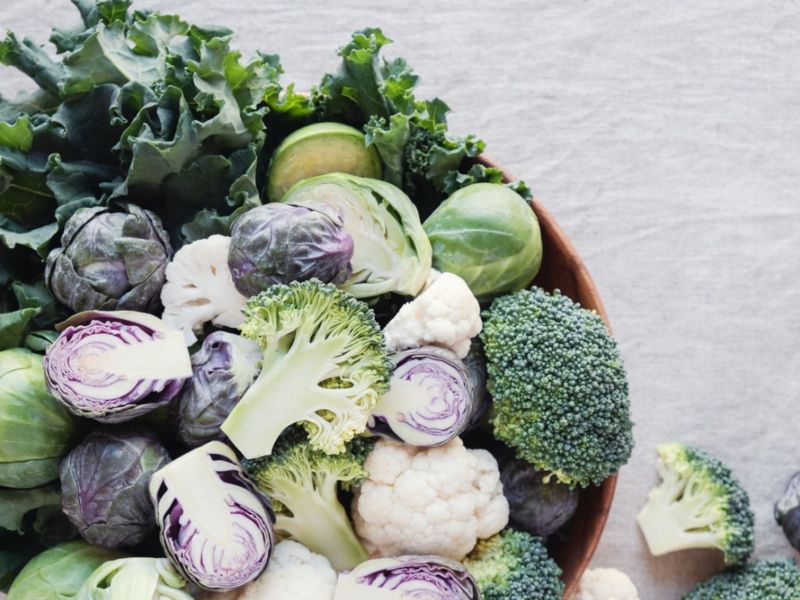
Cruciferous vegetables -
Eating high-carbohydrate meals, such as sweet potatoes, is essential for recuperation. Carbohydrates not only offer energy to your cells but also enzymes like hexokinase and citrate synthase, which help in wound repair. In fact, a lack of carbohydrates may hinder wound healing and cause recovery to be delayed. Sweet potatoes are high in anti-inflammatory plant components, vitamins, and minerals, such as vitamin C, carotenoids, and manganese, which may improve immune response and help your body recover.
Specific amino acids, which are protein building blocks, play critical roles in wound healing and immunological function. Glutamate and arginine, two amino acids found in poultry such as chicken and turkey, may assist in recuperation and mending. Glutamine protects cells from stress, such as disease and damage, whereas arginine aids collagen formation and wound repair. Furthermore, arginine is rapidly reduced during times of stress, injury, and disease, making adequate arginine consumption even more vital.
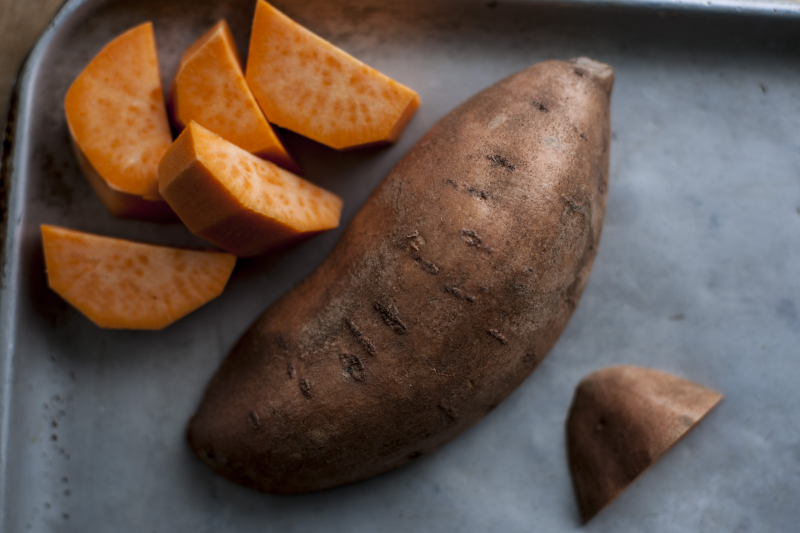
Sweet potatoes 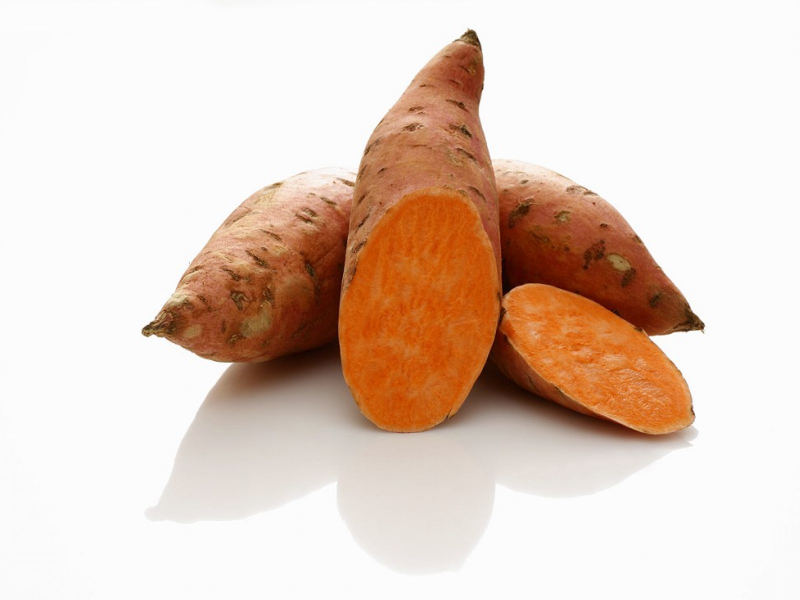
Sweet potatoes









